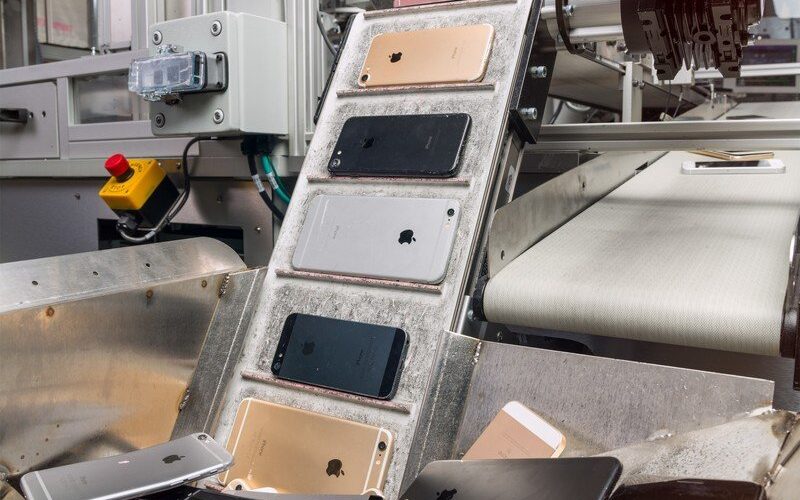Apple says that it removed 12 smelters and refiners from its supply chain in 2021 as part of its commitment to ensure 100 percent responsible mineral sourcing and compliance with US conflict minerals law.
A new SEC filing from Apple states “Apple does not directly purchase or procure primary sourced minerals from mine sites. We are, however, committed to both meeting and exceeding internationally-accepted due diligence standards for primary minerals and recycled materials supply chains. We also seek to one day use only recycled and renewable minerals and materials in our products and packaging, and are committed to achieving carbon neutrality for our entire footprint by 2030—from our supply chain to the use of the products we make.”
Apple says that as of December 31, 2021, all of its identified smelters and refiners in its supply chain have taken part in an independet third party conflict minerals audit for Tin, tantalum, tungsten, and gold. (3TG) To this end, Apple says it removed 12 suppliers from its chain last year because they were either not willing to participate in such an audit or because they did not meet its requirements for responsibly sourcing minerals. Apple says all 253 suppliers in its chain met its requirements, and that it has now removed 163 such suppliers since 2009.
The report is necessary as part of U.S. law pertaining to “conflict minerals”, defined as natural resources mined in areas of armed conflict and traded illicitly to benefit fighting groups or finance fighting. The issue notably affects the Democratic Republic of Congo but legislation is applied to the minerals wherever they are mined. Apple says that during the pandemic it has continued “responsible sourcing activites” and has supported communities with resources and education tools to help prevent COVID-19. It further stated:
As we work to strengthen industry-wide due diligence programs operating in areas where 3TG minerals are sourced, we engage with and support a broad range of multistakeholder and community initiatives, including support for human rights and environmental defender organizations as well as whistleblower initiatives to empower independent, local voices to raise issues and report incidents at the mining level. Input from these stakeholders contributes to our robust due diligence program and drives industry-wide progress. We believe that all stakeholders (including governments, civil society, and industry) should enhance their efforts to implement comprehensive due diligence programs, measure impact, and work together with, and support, local communities to improve conditions and drive economic and social development in mining areas, including in the African Great Lakes region.
The aforementioned mineral are used by Apple in every single product category it sells, including its best iPhones like the iPhone 13, Mac, iPad, AirPods, Apple TV, Apple Watch, Beats, HomePod, iPod, some accessories and even the Apple Card.

Source link



